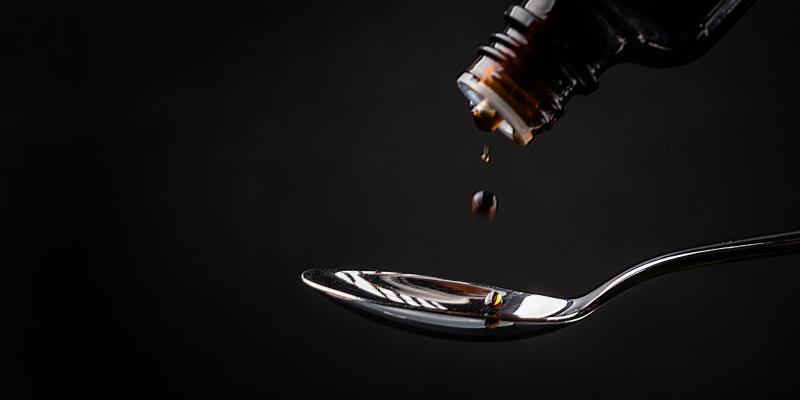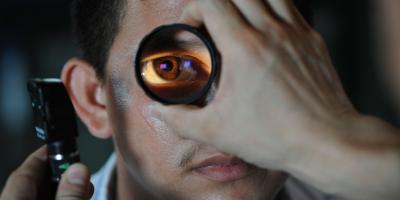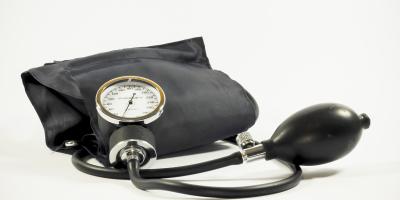A three-year-old with a disturbance of consciousness was brought in to a clinic in Warsaw’s Mokotów district by his parents. It turned out that he was given cough syrups – various kinds, but similar in their mechanism of action. His parents did not know that both contained pseudoephedrine, a stimulant of the nervous system, which resulted in a dangerous overdose.
This is a common mistake – taking medicines marketed under different names but containing the same active substance, which is easy to overdose. These often include cough medicines and runny nose remedies.
The boy’s disturbance of consciousness was caused by two popular cough syrups – tussipect and actifed. The child’s parents gave him both medicines in their regular doses. However, since both contain pseudoephedrine, the substance accumulated in the body.
The same medicine, different names
Pseudoephedrine is the ingredient of many over-the-counter medicines used for upper respiratory tract infections. Such medicines take the form of tablets, nose drops, and cough and sinusitis syrups.
Pseudoephedrine is used in treating rhinitis, sinusitis and bronchitis. It is present in such medicines as acatar, acodin cirrus, sudafed and thiocodin.
Physicians warn that oral rhinitis drugs should not be used by people with hypertension, diabetes, hyperthyroidism and prostatic hyperplasia, and also by elderly people. Children below 12 should not take pseudoephedrine drugs and breastfeeding women should remember that it gets through to the milk.
A stimulant
Pseudoephedrine also has stimulating effects. It is one of the predecessors of methamphetamine. It has a similar effect on the system as adrenalin, although it is weaker than amphetamine and ephedrine, which is its natural counterpart.
Pseudoephedrine is overused as a stimulant both by adults and children. Some people take much greater than recommended amounts of cough or rhinitis medicines to obtain the stimulating effect. This substance is used as an ingredient of many drug mixes, which are especially popular among children and young people.
A survey performed in 2008 for the National Bureau for Drug Prevention on a representative sample of last year secondary school students shows that the scale of this phenomenon is not large now. About 3% of respondents admitted to taking cough medicine for intoxication, about 2% admitted to doing it within the last 12 months and less than 1% said they did it within the last 30 days.
Adverse reactions
Pseudoephedrine abuse is dangerous, as it can lead to psychological dependence and permanent changes in the brain. It also causes adverse reactions, such as insomnia, headaches, nausea, spasms, accelerated heart rate, and higher arterial blood pressure.
This substance also interacts with other medicines, e.g. it strengthens the effect of tricyclic antidepressants and MAO inhibitors. Fortunately, the number of cases of severe pseudoephedrine poisoning is low.
The regulations relating to the sale of pseudoephedrine differ from country to country. The substance is banned in Mexico. In the US pseudoephedrine medicine can only be purchased with an identity document. The UK allows only up to 720 mg to be sold in one transaction. In Australia and New Zealand pseudoephedrine is only available on prescription.









Comments (0)